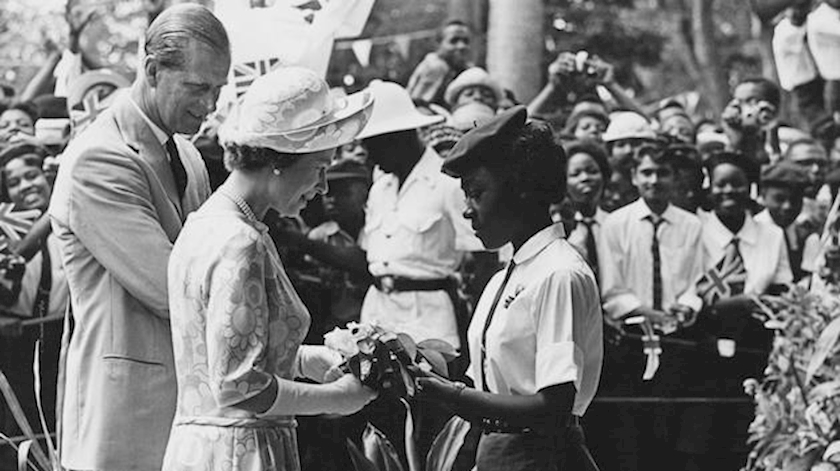Iran Press/ Commentary: The process of colonization by Britain began with the expansion of the British navy in the 16th century and gradually expanded throughout the world from Asia to Oceania, Africa, and the Americas in such a way that on the eve of World War II, the British Empire reached its maximum expansion. Basically, the British Empire is a set of territories, colonies, belongings, and areas under the rule of the United Kingdom of Great Britain; it is said that its foundation began in the 16th century and continued until the end of the 20th century. In 1922, the area under the control of the British Empire reached more than 33 million square kilometers, and the population of the empire reached more than 450 million people, and thus, the British Empire dominated more than a quarter of the earth's landmass and a quarter of the world's population at that time. The dominions of this empire were scattered all over the world, and it was said that "the sun never sets on the British Empire."
The beginning of British colonialism can be seen in the 16th century with the establishment of the East India Company in 1599. This company consolidated the foundations of British colonial rule over the fertile regions of South Asia, and from then on, all British colonial operations and domineering relations with South Asian nations were carried out through the East India Company. The deep influence and domination of Britain over India, three centuries after the establishment of this company, caused India to be declared a part of the British Empire and Queen Victoria crowned as the Empire of India and Britain. This era is considered to be the era of looting of the Indian people by England, which under the guise of economic relations and trade and commerce, became the basis for political influence in this land. In general, India can be considered the most important British colony until its independence in 1947.

The process of British colonialism in the later stages expanded rapidly by occupying important areas in North America and the Caribbean Sea, the African continent, West Asia and East Asia, and the Pacific Ocean so that few countries were immune from direct British invasion. "Stuart Laycock" Laycock Stuart, in his book called "All the Countries We've Ever Invaded: And the Few We Never Got ... ", which is the result of two years of work and research, says: "There are 200 countries in the world, and only 22 of these countries have not been invaded by England. In a part of this book, it is stated: "Britain, during the time of Queen Victoria, proudly named the empire where the sun never sets." However, the impact of this expansion in the world is much more than it can be seen on the geographical maps simply because all the countries have been attacked by Britain throughout its history and many countries have become its official colonies." "A study of the world map shows that the British Empire in its heyday ruled over a quarter of the world's population," says Laycock.
British colonialism in the areas under its control has been accompanied by brutal actions, widespread suppression of indigenous people, the enslavement of African people, exploitation and extensive looting of natural and mineral resources, use of cheap colonial labor, and many other inhumane actions. Gholam-Ali Haddad-Adel, the Head of the Persian Language and Literature Academy of Iran, says: "Nowhere in the world has been free from British colonialism, and even America with its current state was once a British colony."
The important thing is that anti-colonial effort against Britain are still going on in the areas under its control. In this regard, the politicians and activists of the former British colonies in the Caribbean region, following the death of Queen Elizabeth II and the beginning of the reign of Charles III, have once again emphasized their requests to leave the British royal family and receive compensation for slavery from London. Jamaica, Antigua, and Barbuda in the Caribbean region, which after emerging from the direct colonial rule of Britain, are still within the framework of the Commonwealth of Nations, want to emerge from this structure in the 21st century.
Written By Seyyed Reza Mirtaher
224
Read More:
Queen Elizabeth II dies at age 96
Doctors concerned about Queen Elizabeth health
Maryam Abolbagha

